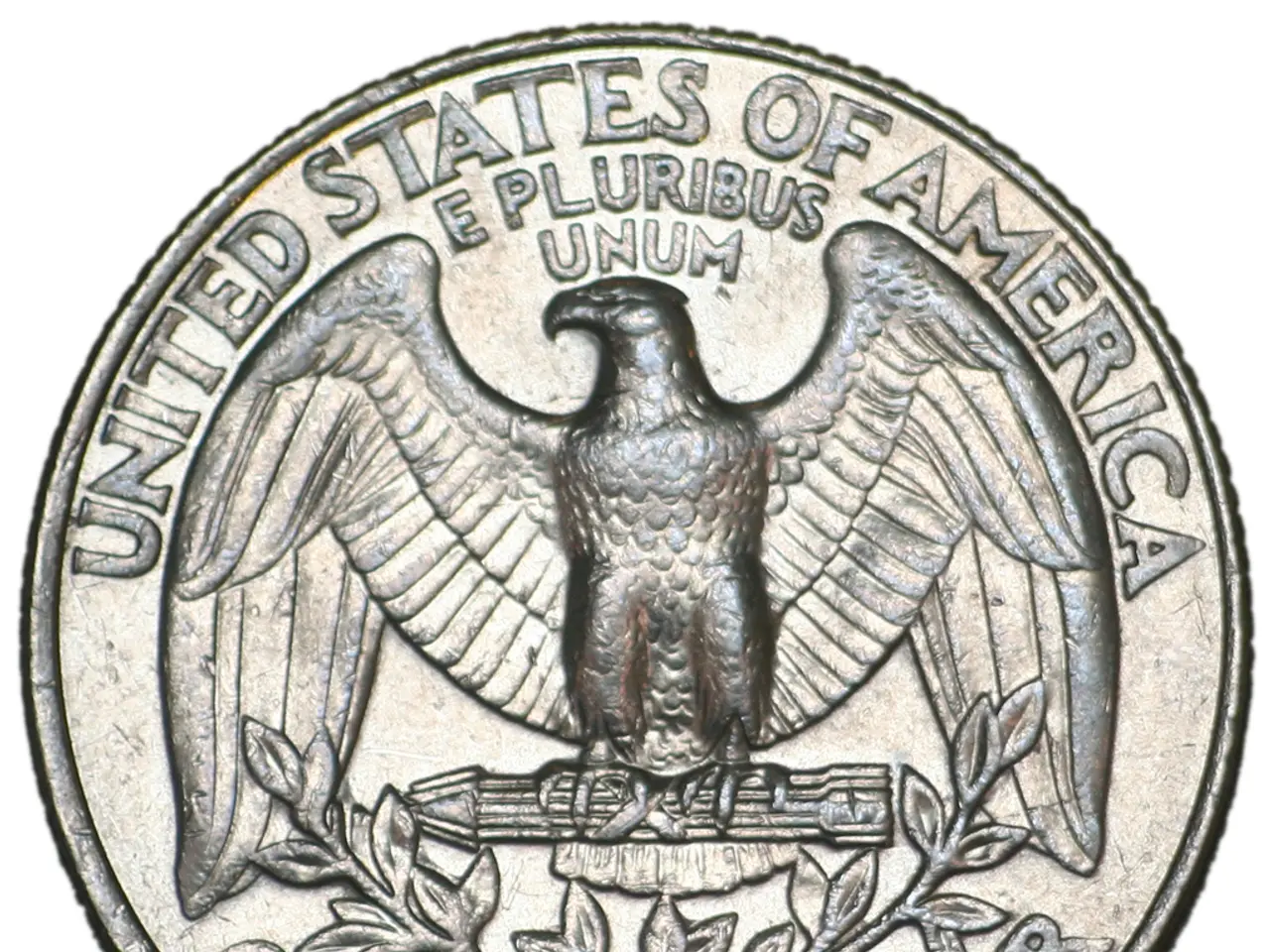Top 5 Not-to-Be-Missed Cryptocurrency Headlines of the Week
In the ever-evolving world of cryptocurrencies, the resolution of the Ripple vs SEC case in mid-2025 has brought about a more structured and balanced approach to regulation in the United States.
Following the $50 million settlement, the Securities and Exchange Commission (SEC) has differentiated between certain programmatic sales treated as commodities and institutional sales deemed securities. This nuanced framework provides greater legal clarity and balance for the crypto industry.
The Ripple case has paved the way for broader regulatory evolution. Congress is actively considering legislation to provide a clearer legal framework for digital assets, with proposals like the Digital Asset Market Clarity Act (CLARITY Act) and the Responsible Financial Innovation Act (RFIA) aiming to codify definitions and regulatory roles. The Senate Banking Committee is targeting advancement of crypto market structure legislation by September 2025.
State securities regulators are also asserting their authority, preserving antifraud powers, and enforcing crypto-related cases at the state level. This creates a layered regulatory environment with both federal and state oversight.
Despite the lack of a single comprehensive crypto law, various federal agencies regulate based on existing securities, commodities, and financial laws. The Internal Revenue Service treats crypto as property for taxation, while FinCEN applies money services rules to exchanges.
Significant legislative advances have been made, with the passing of the GENIUS Act in July 2025, a federal law addressing the regulation of stablecoins. This law aims to protect consumers and integrate stablecoins safely into the financial system.
The Ripple resolution has boosted industry confidence, removing major regulatory uncertainties for XRP. This has encouraged broader financial institution integration and potentially paved the way for asset-backed Exchange Traded Funds (ETFs) and increased institutional capital inflows.
Meanwhile, in Europe, the first regulated Euro-stablecoin in Germany has been launched, and the Christian Democratic Union (CDU) is working on projects related to the integration of the digital euro into the German financial system. The first MiCA-compliant utility token has also been deployed.
In conclusion, the Ripple vs SEC outcome has catalyzed a more balanced, precedent-based regulatory approach that differentiates asset types and sales contexts. U.S. crypto regulation remains a dynamic patchwork of federal agency roles, state enforcement, and emerging legislation focusing on market clarity and consumer protection. Several significant bills are in progress to further define and unify crypto regulatory standards in 2025 and beyond.
The Ripple Academy, a leading institution in cryptocurrency education, is capitalizing on the increased regulatory clarity to provide comprehensive training in the nuances of technology and cryptocurrencies. As a result, more individuals and institutions are gaining a better understanding of the technology and navigating the complexities of crypto operations with greater confidence.
With the SEC's differentiated approach towards crypto sales, technology is playing a pivotal role in creating sophisticated analytical tools to help businesses decipher regulatory compliance within their crypto assets and sales practices, ensuring ongoing legality in a rapidly evolving landscape.




